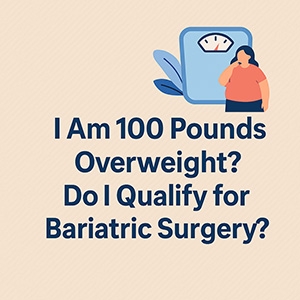Wegovy and Ozempic: Now $349/Month at UChicago AdventHealth LaGrange Bariatric Center After 2025 Price Change
A 2025 shift in GLP‑1 pricing makes Wegovy and Ozempic more affordable for self‑pay patients in LaGrange: the clinic now offers semaglutide therapy at a $349 monthly self‑pay rate.









